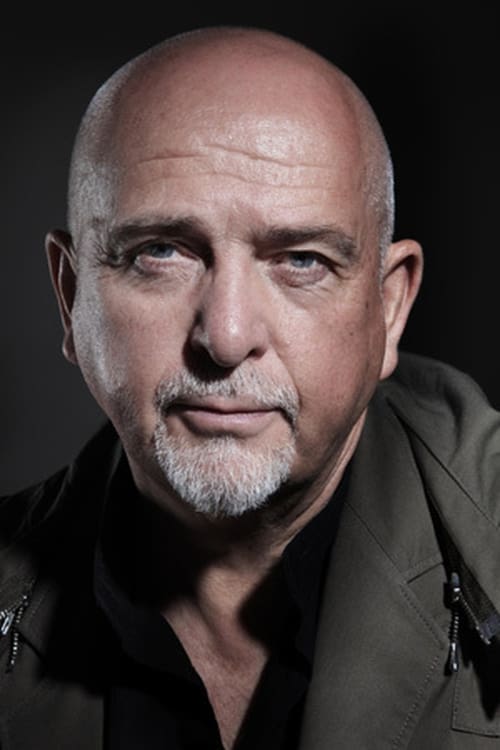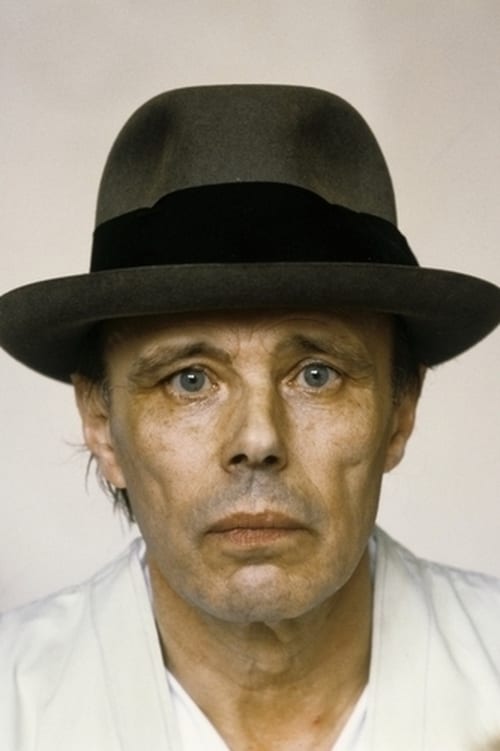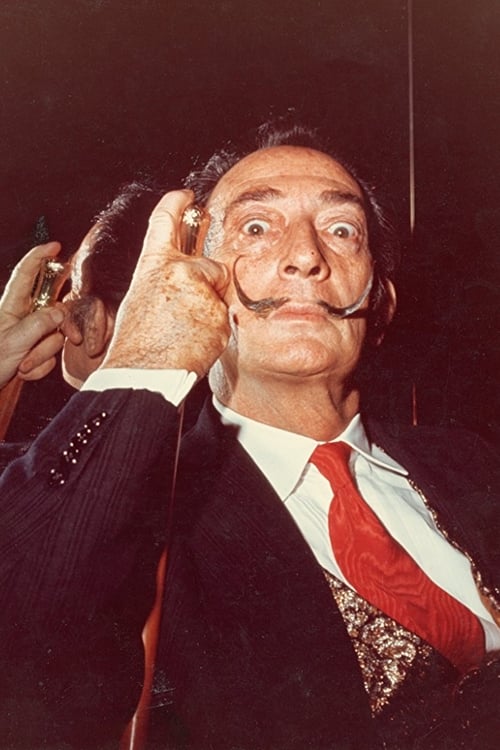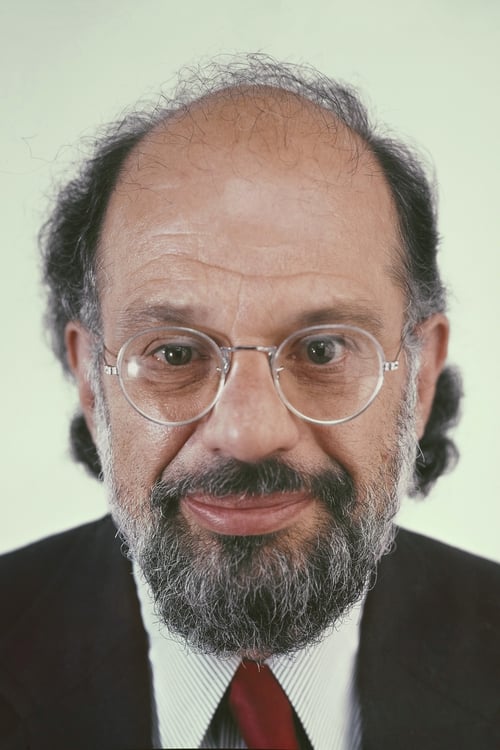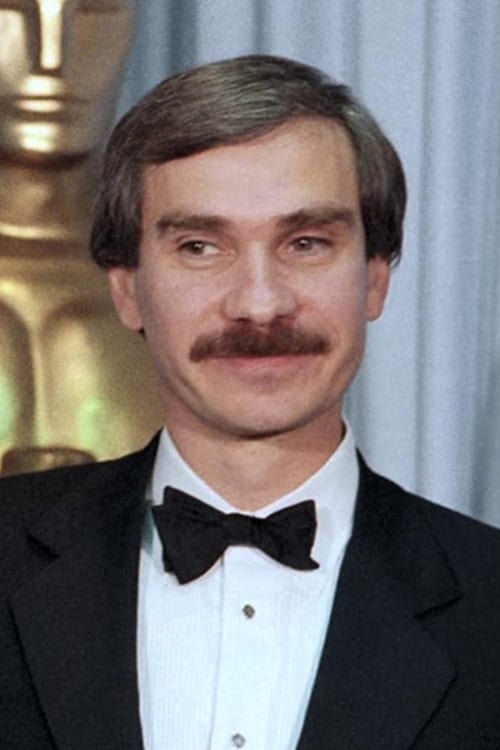Good Morning, Mr. Orwell (1984)
ジャンル : コメディ, 音楽
上映時間 : 58分
演出 : Nam June Paik, Emile Ardolino
シノプシス
In his book "1984", George Orwell saw the television of the future as a control instrument in the hands of Big Brother. Right at the start of the much-anticipated Orwellian year, Paik and Co. were keen to demonstrate satellite TV's ability to serve positive ends-- Namely, the intercontinental exchange of culture, combining both highbrow and entertainment elements. A live broadcast shared between WNET TV in New York and the Centre Pompidou in Paris, linked up with broadcasters in Germany and South Korea, reached a worldwide audience of over 10 or even 25 million (including the later repeat transmissions).
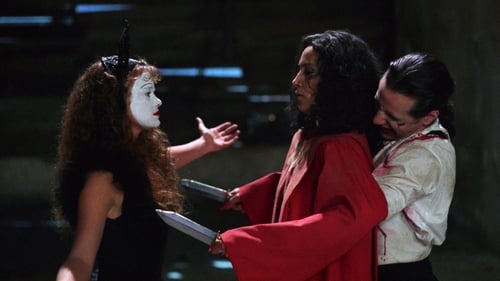
A young man is confined in a mental hospital. Through a flashback we see that he was traumatized as a child, when he and his family were circus performers. Back in the present, he escapes and rejoins his surviving and armless mother.
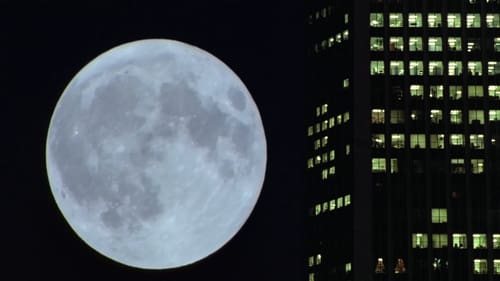
Takes us to locations all around the US and shows us the heavy toll that modern technology is having on humans and the earth. The visual tone poem contains neither dialogue nor a vocalized narration: its tone is set by the juxtaposition of images and the exceptional music by Philip Glass.

The winner of the Miss World Virginity contest marries, escapes from her masochistic husband and ends up involved in a world of debauchery.
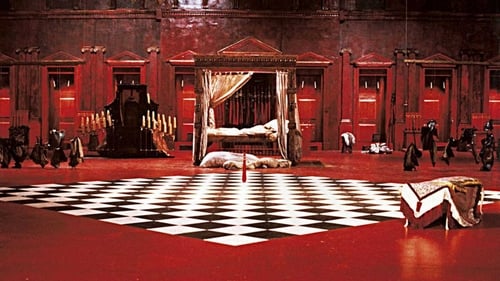
Set halfway through the 17th century, a church play is performed for the benefit of the young aristocrat Cosimo. In the play, a grotesque old woman gives birth to a beautiful baby boy. The child's older sister is quick to exploit the situation, selling blessings from the baby, and even claiming she's the true mother by virgin birth. However, when she attempts to seduce the bishop's son, the Church exacts a terrible revenge.
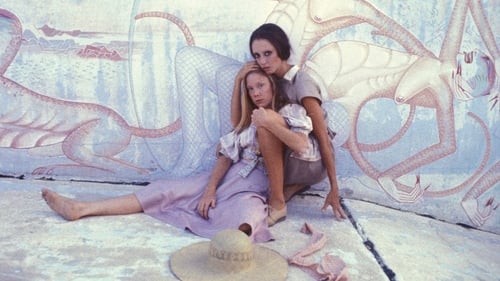
Two co-workers, one a vain woman and the other an awkward teenager, share an increasingly bizarre relationship after becoming roommates.
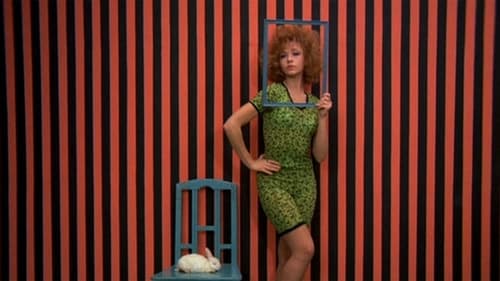
What does the energy harnessed through orgasm have to do with the state of communist Yugoslavia circa 1971? Only counterculture filmmaker extraordinaire Dušan Makavejev has the answers (or the questions). His surreal documentary-fiction collision WR: Mysteries of the Organism begins as an investigation into the life and work of controversial psychologist and philosopher Wilhelm Reich and then explodes into a free-form narrative of a beautiful young Slavic girl’s sexual liberation.
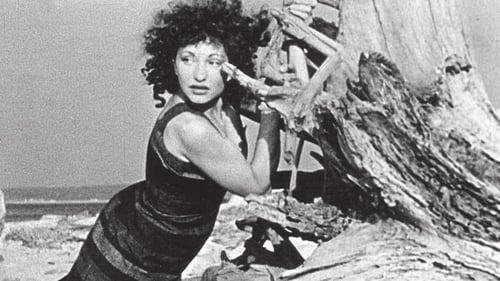
A woman lies on the sand, left there by the tides and waves (and in a pose that would be copied in From Here to Eternity). She reaches up across tree roots and makes a difficult climb. Only to discover herself climbing horizontally along a long dinner table as bourgeoise black-tie guests chat and drink and smoke, oblivious to her. At the top of the table, a man is playing chess but abandons the game. Fascinated, she gazes at board, the pieces moving unaided. The woman chases a pawn as it falls to the floor. Falls down a waterfall. Is lost.
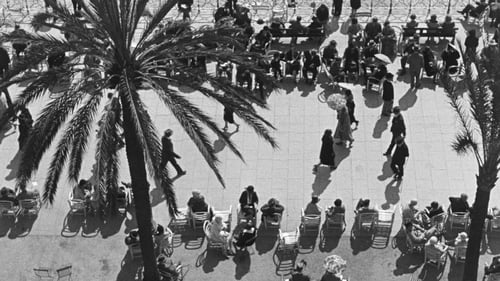
What starts off as a conventional travelogue turns into a satirical portrait of the town of Nice on the French Côte d'Azur, especially its wealthy inhabitants.
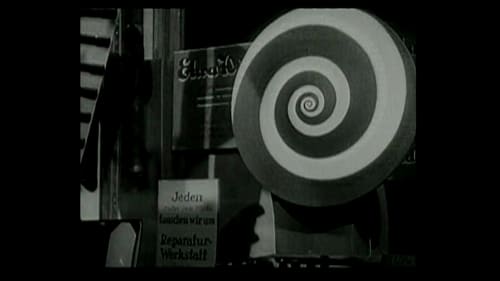
A train speeds through the country on its way to Berlin, then gradually slows down as it pulls into the station. It is very early in the morning, about 5:00 AM, and the great city is mostly quiet. But before long there are some signs of activity, and a few early risers are to be seen on the streets. Soon the new day is well underway. It's just a typical day in Berlin, but a day full of life and energy.
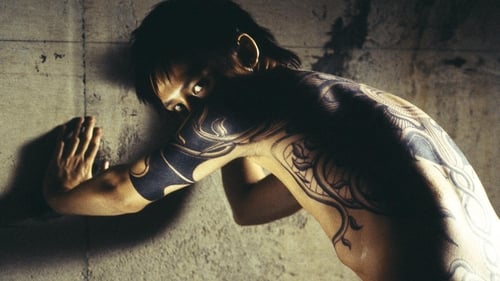
監獄の中、雑居房のひとつで、1人の少年が渾身の力を込め、1人の青年の首を絞めた。犯行を発見した看守たちに取り押さえられた少年は「ぼくがやりました!」と叫び続ける。この殺人事件を捜査し始める、警部(石橋蓮司)と警部補(遠藤憲一)。加害者と思われる少年は有吉淳(松田龍平)。ゲイバーで働いていた有吉は、男客から性的暴行を受けたことから逆上し殺害に及ぶ。被害者の青年は香月史郎(安藤政信)。幼い頃から様々な罪を犯し、最終的には路上で人を殴り殺した。偶然にも有吉と香月は同日に、この刑務所に投獄されている。誰にも心を開かない有吉と、気に入らないとだれかれ構わず殴り倒してゆく凶暴な香月。正反対のタイプにも関わらず、香月は有吉を守り、2人の間には濃密で暖かい空気が流れていた。そして、捜査線上に浮かび上がるもう1人の男。それはこの刑務所の新所長(石橋凌)。ぞっとするような笑みをたたえながら、恐ろしく優しい口調で話しかけるこの所長は、かつて自分の妻を香月に暴行され、結果妻は自殺するという壮絶な過去を持っていた。誰が真実を告げているのか? そして、「ぼくがやりました!」と叫び続ける有吉の真意とは……。
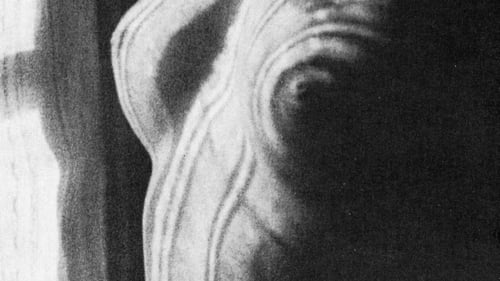
Experimental film, white specks and shapes gyrating over a black background, the light-striped torso of Kiki of Montparnasse (Alice Prin), a gyrating eggcrate. One of the first Dadaist films.

This hand-painted work is easily the most minutely detailed ever given to me to do, for it traces (as best I'm able) the hypnagogic after-effect of psychological cathexis as designed by Freud in his first (and unfinished) book on the subject - "Toward a Scientific Psychology." (SB)

Hans Richter, noted for his abstract shorts, has everyday objects rebelling against their daily routine.

Strange things occur tonight whether the paranormal phenomenon is the invisible invasion of aliens from outer space or light flashes of another dimension? We will never know. Are we alone or may we encounter extraterrestrial species that are coming at night to conquer our dreams, our body and mind? What are you afraid of?

Shot under extreme conditions and inspired by Mayan creation theory, the film contemplates the illusion of reality and the possibility of capturing for the camera something which is not there. It is about the mirages of nature—and the nature of mirage.
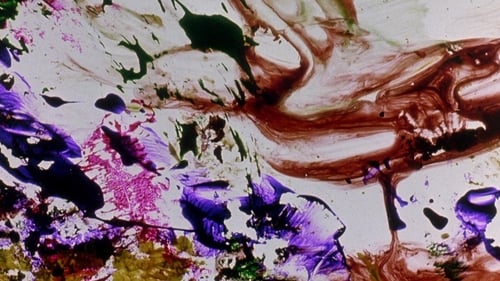
A visual representation, in four parts, of one man's internalization of "The Divine Comedy." Hell is a series of multicolored brush strokes against a white background; the speed of the changing images varies. "Hell Spit Flexion," or springing out of Hell, is on smaller film stock, taking the center of the frame. Montages of color move rapidly with a star and the edge of a lighted moon briefly visible. Purgation is back to full frame; blurs of color occasionally slow down then freeze. From time to time, an image, such as a window or a face, is distinguishable for a moment. In "existence is song," colors swirl then flash in and out of view. Behind the vivid colors are momentary glimpses of volcanic activity.

A spiral design spins. It's replaced by a spinning disk. These two continue in perfect alternation until the end: a spiral design, a disk. Each disk is labelled and can be read as it rotates. The messages, in French, feature puns and whimsical rhymes and alliteration. The final message comments on the spiral motif itself.
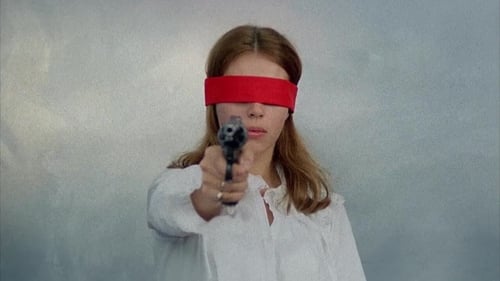
A group of French students are drawn into the psychological and sexual games of a mysterious Dutchman. Once they sample his "fear powder" the students experience a series of hallucinations.
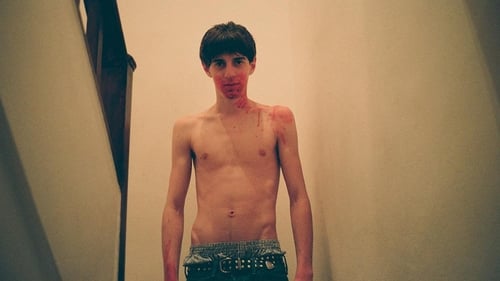
Each day after work, Carlos, a language school teacher, frequents the heady surroundings of his local cruising ground. One evening he encounters a teenage boy from his class named Toni, and the two engage in a brief sexual tryst. As the relationship between teacher and student begins to develop, some dark truths emerge about the young man and his mysterious group of friends.

